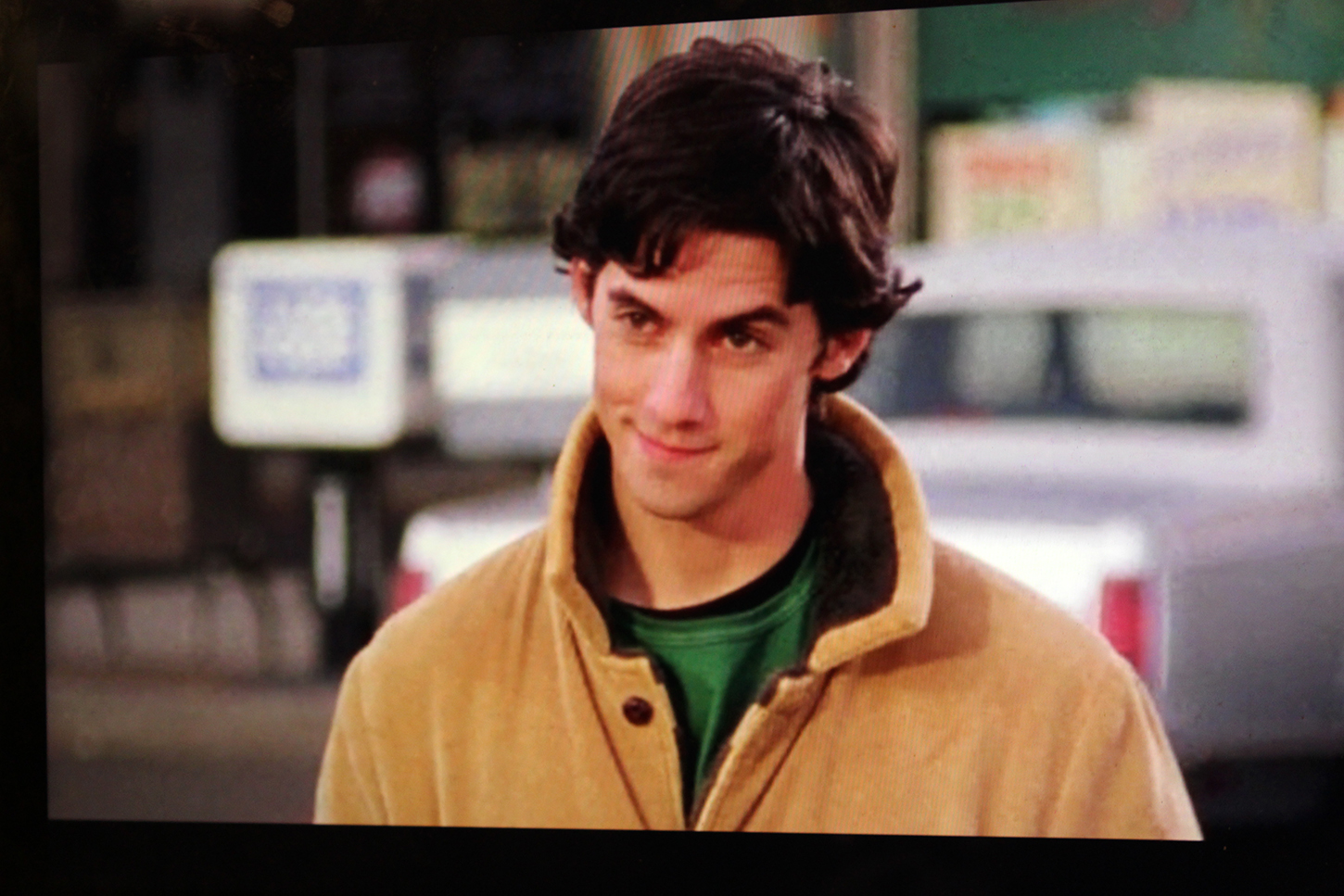Martha Marcy May Marlene, Sean Durkin’s directorial debut, is an eerie psychological thriller that will knot your stomach and short-circuit your brain. If you want sophistication and thought provoking cinema, get your ticket now.
In MMMM, Martha, (Elizabeth Olsen) a college-aged woman, attempts to reintegrate into normal life after living with a cult led by the villainous Patrick (John Hawkes). Her extensive cult programming polarizes her relationship with her sister (Sarah Paulson) and increases her paranoia, leading her to believe that ominous figures from her past lurk in every corner.
Out of all the twists and turns of the film, one of the most shocking is Elizabeth Olsen’s performance as Martha. MMMM is only Olsen’s second screen credit, astonishingly little exposure as sister of the huge stars Mary-Kate and Ashley.
Despite her lack of experience, her performance is nuanced and masterful. One can see and feel the anguish in her green eyes as she struggles fight off the painful memories. Furthermore, she clearly articulates the character’s arc from a naïve girl into a damaged woman. If she doesn’t get recognition from the Academy this year, I will be shocked. Even as Olsen steals the show, the entire cast skillfully performs their respective roles.
Durkin deserves credit for assembling this unsettling and brilliantly detailed film. His capture of drab hues in the opening scene steeps the audience in a frightening malaise for the duration of the film. Furthermore, the darkness of the subject matter appropriately mirrors the amount of light captured on screen. Last week, I reviewed a comedy for the Muse and I could clearly see all my notes during the screening just from the lumens emanating from the screen. During Martha Marcy May Marlene, however, I could barely see the same pad. Even sunny days felt inauspicious and dreary.
The methodic pacing of the film is another thing to notice while watching. Some might take the first fifteen minutes or so as boring, but do not to be turned off. Rather, acknowledge the methodic pacing as an establishment of the environment and cult mindset. Trust in Durkin; the slow first twenty minutes pays off in the end.
Through flashbacks, the audience is given a peek into the life of a cult. One of the most memorable scenes is Patrick’s song to Martha. The chilling harmony of minor chords emphasizes his disintegration of her individuality. Patrick’s “she’s just a picture, that’s all,” plays in your head through the rest of the film, leaving a creepy thematic echo. The ballad marks the beginning of Patrick’s invasion into the depths of her soul.
Overall, I recommend Martha Marcy May Marlene to anyone who enjoys a dark psychological thriller. And if you’re one of those people, get some Kool-Aid and see it.




























































































































